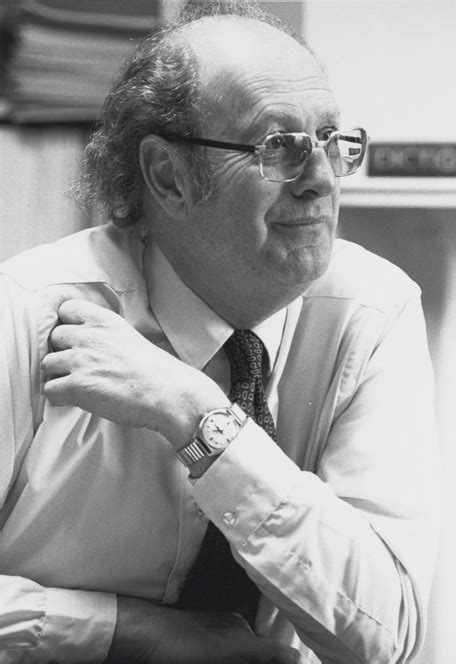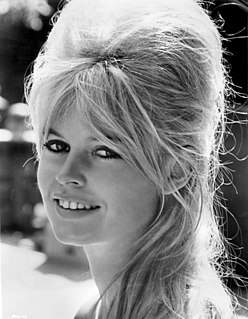A Quote by Fran Lebowitz
I place a high moral value on the way people behave. I find it repellent to have a lot, and to behave with anything other than courtesy in the old sense of the word - politeness of the heart, a gentleness of the spirit.
Related Quotes
There are different groups of people in your life that you behave slightly differently with. You behave one way with your family. You behave in a different way with your work colleagues. You behave differently with your friends from the movie club, your fitness instructor - all subtly different personas.
My parents' loss was compensated by the birth of my son Aryan and daughter Suhana. I believe they're my parents. In comparison to them, I behave childishly. My 13-year-old daughter and 15-year-old son behave like my mother and father. They're not my weakness. I love them a lot and give them a lot. I'll give them so much that by the time they are adults they wouldn't want anything.
































